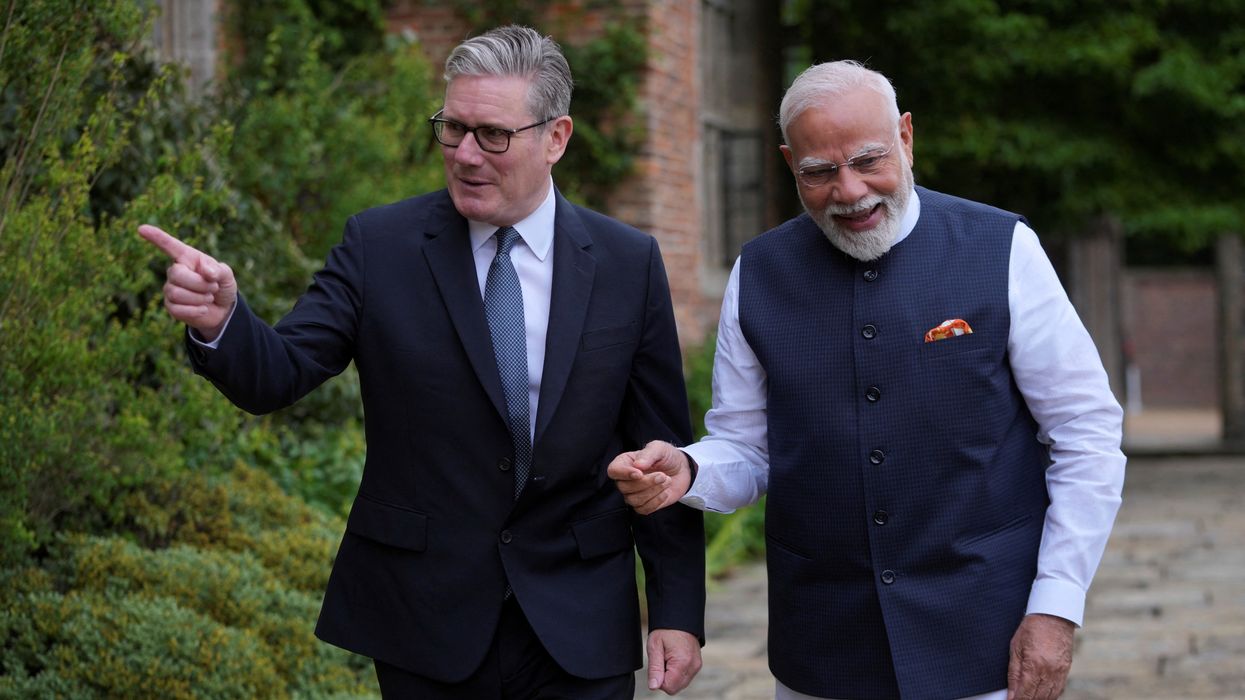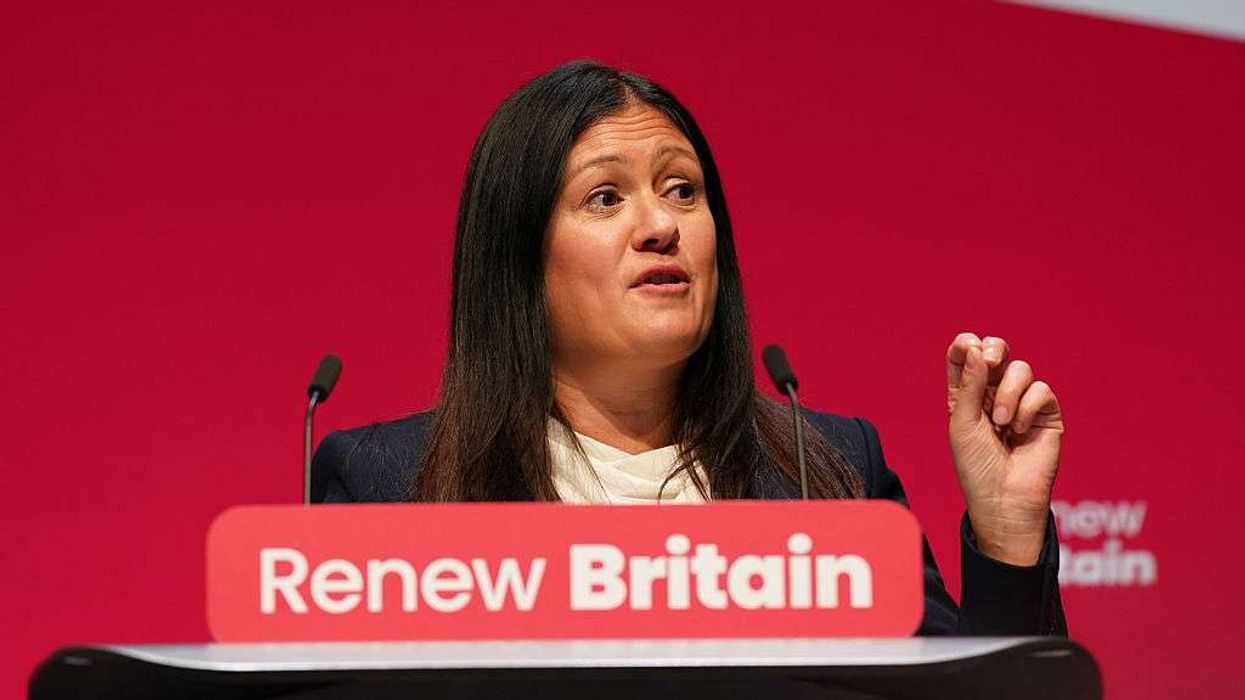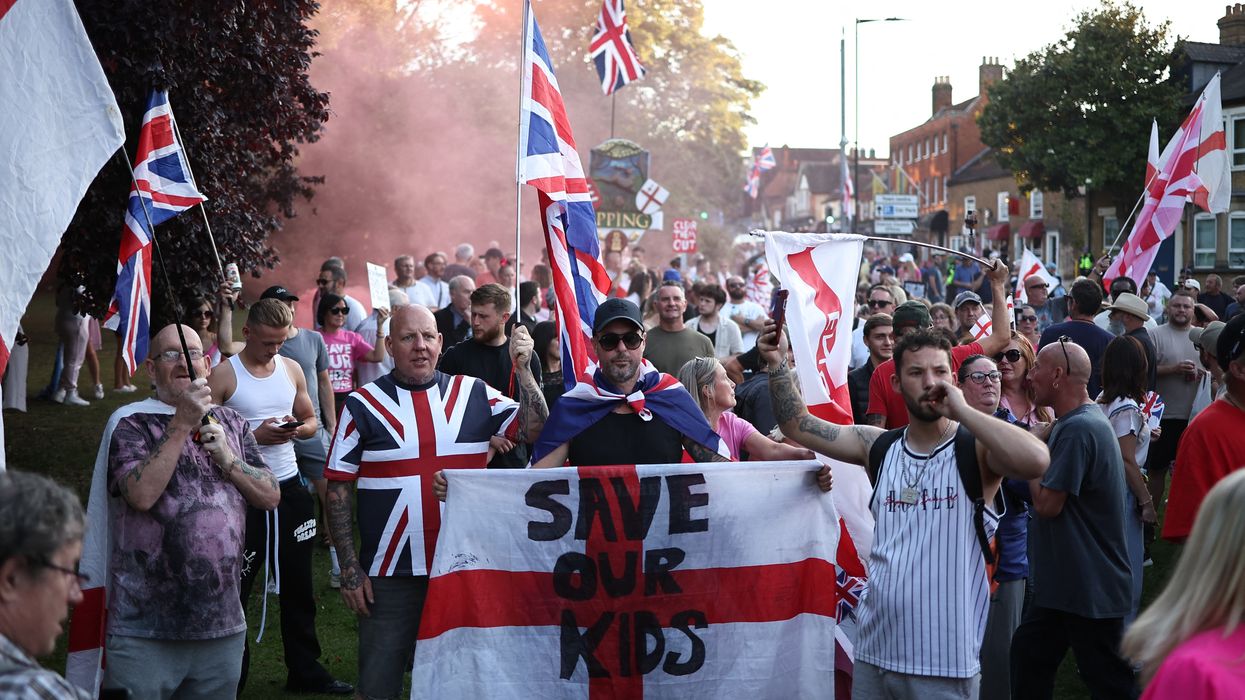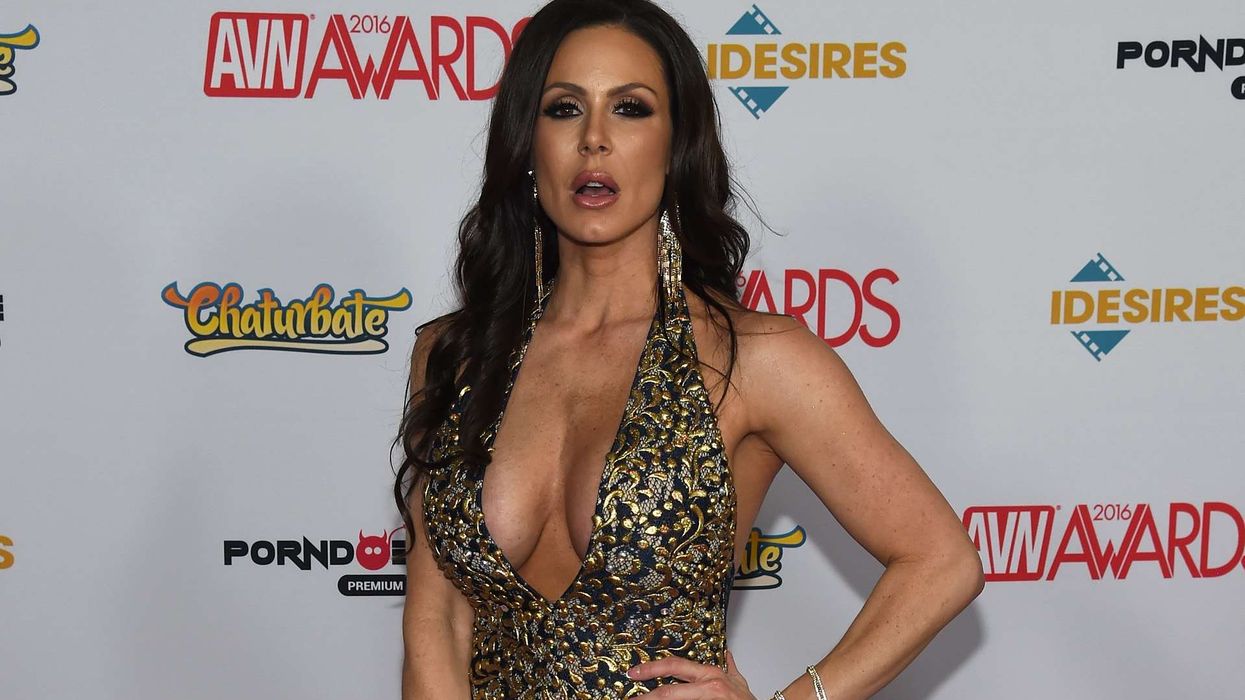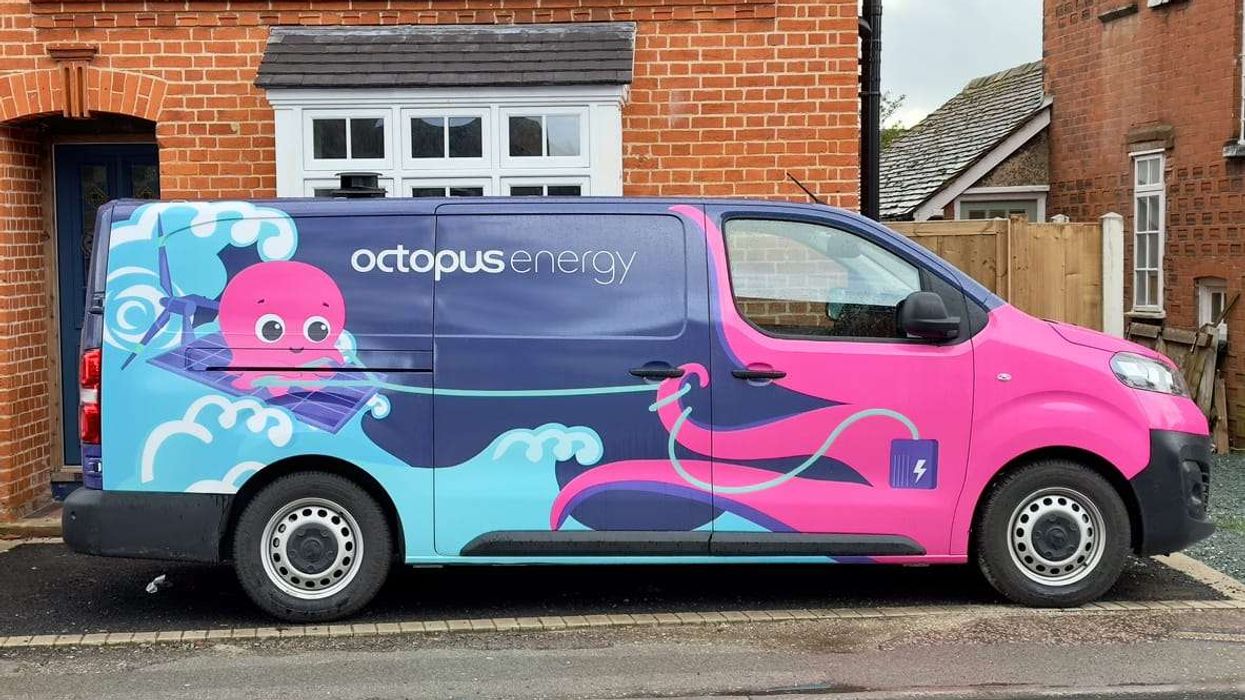INDIA's trade agreement with the UK marks a shift towards opening its markets while protecting key sectors, and could serve as a model for future deals, government officials and analysts said on Friday.
The deal, signed on Thursday and described by Indian prime minister Narendra Modi as "a blueprint for our shared prosperity", is India’s largest strategic partnership with an advanced economy.
It comes amid rising global trade tensions and signals a change in India's traditionally protectionist approach, as the country seeks agreements with the EU, US, and New Zealand.
ALSO READ: Exclusive interview with Starmer on UK-India deal
Under the pact, India agreed to cut tariffs on imported British vehicles, increasing competition for the domestic auto industry, which accounts for nearly 7 per cent of the economy.
"This is a policy shift, especially as India has long used high tariffs to protect domestic manufacturers," Ajay Srivastava, founder of Global Trade Research Initiative and a former trade negotiator, told Reuters.
The shift also covers government procurement and pharmaceuticals and is expected to be reflected in future deals with Brussels and Washington, Srivastava said.
However, the move remains cautious.
Under the UK deal, auto imports will be limited by a quota to protect local manufacturers, and tariff reductions will be gradual. India will reduce auto tariffs from over 100 per cent to 10 per cent over 15 years, with annual quotas starting at 10,000 units and increasing to 19,000 in the fifth year.
ALSO READ: Modi concludes UK visit with 'green gesture' to King Charles
Tariff cuts on whisky and other products will also be phased in over several years to allow domestic industries time to adjust.
Red lines
India has maintained its stance on sensitive areas, making no concessions on agricultural products such as apples and walnuts or dairy products including cheese and whey.
"There is no question of opening up the agriculture or dairy sector in any trade negotiation — be it with the EU, Australia, or even the US," a senior Indian official said.
The strategy is designed to use trade to boost economic growth while continuing to protect millions of Indians dependent on farming and low-margin work, the official added.
Indian farmers expect expanded access to the UK’s $37.5 billion agriculture market. Indian exporters will gain from zero tariffs on goods such as textiles, footwear, gems, furniture, auto parts, machinery, and chemicals.
"With zero tariffs, India's garment exports to the UK could double in three years," said N Thirukkumaran, general secretary of the Tiruppur Exporters Association. "This also paves the way for the EU agreement, which could bring even bigger gains," he added.
Negotiations with the US may prove more challenging. The US administration has used threats of high tariffs to secure concessions from partners.
Trade minister Piyush Goyal told Reuters on Thursday that India hopes to reach a trade deal with Washington that includes "special and preferred treatment". However, the US is pressing for more access to India’s agricultural and dairy markets.
(With inputs from Reuters)
